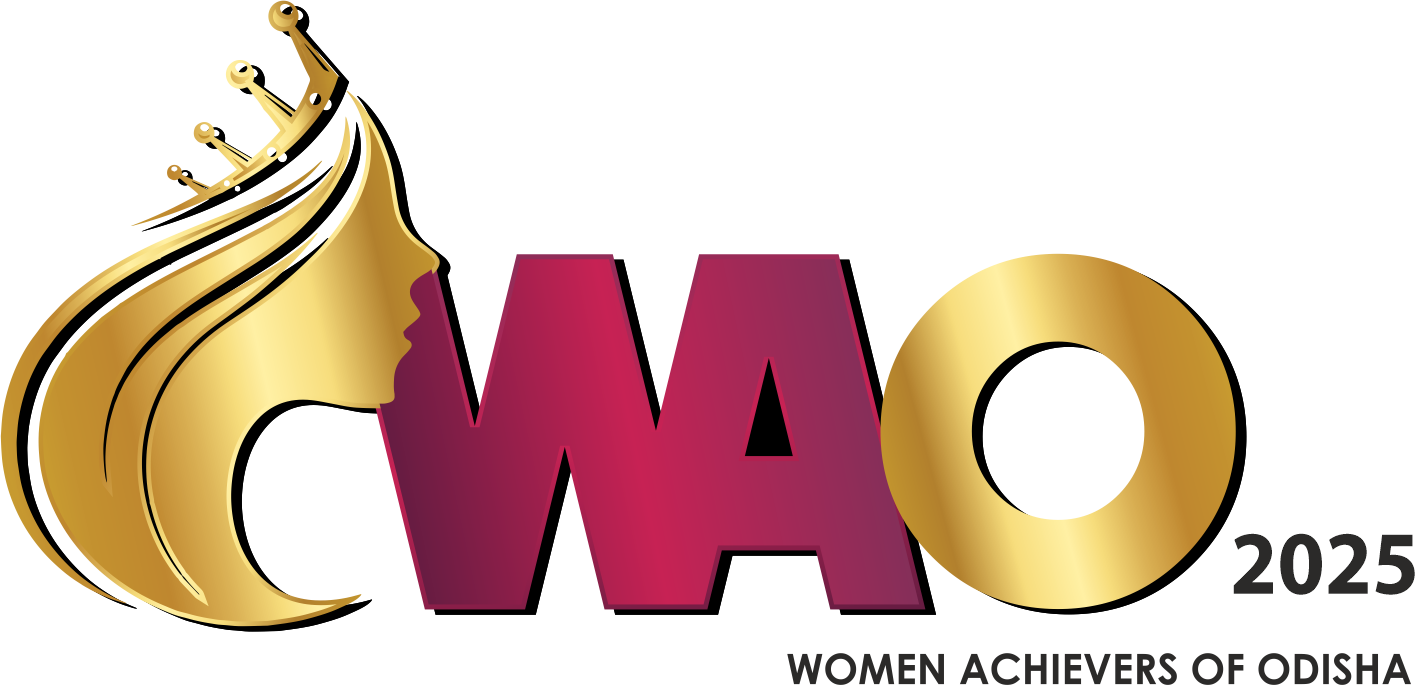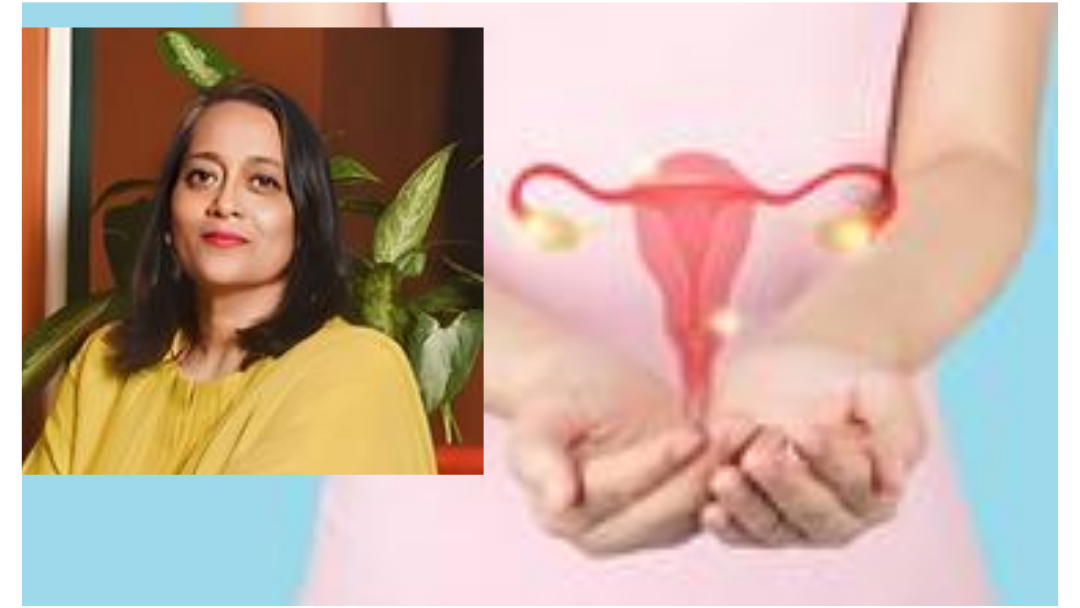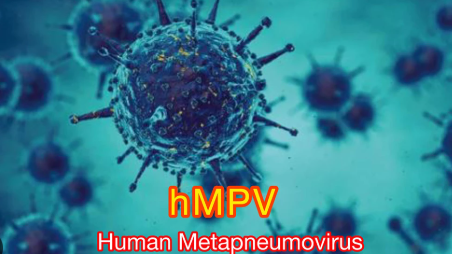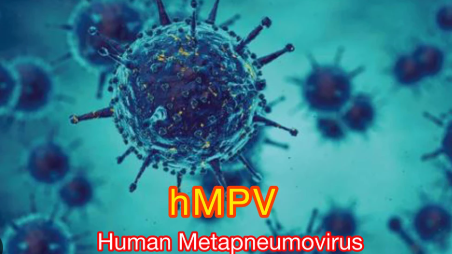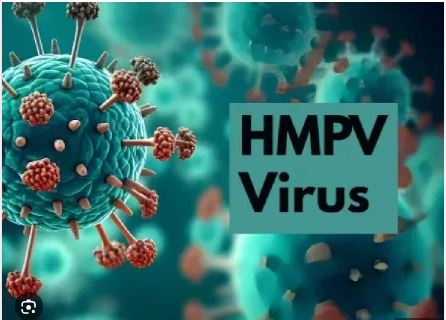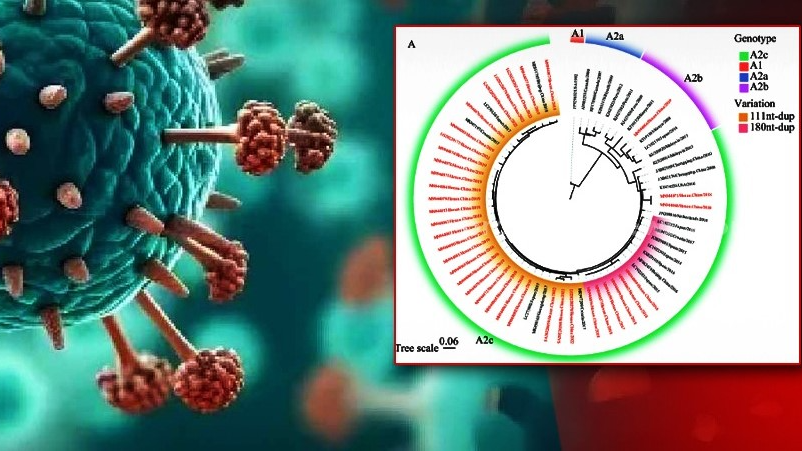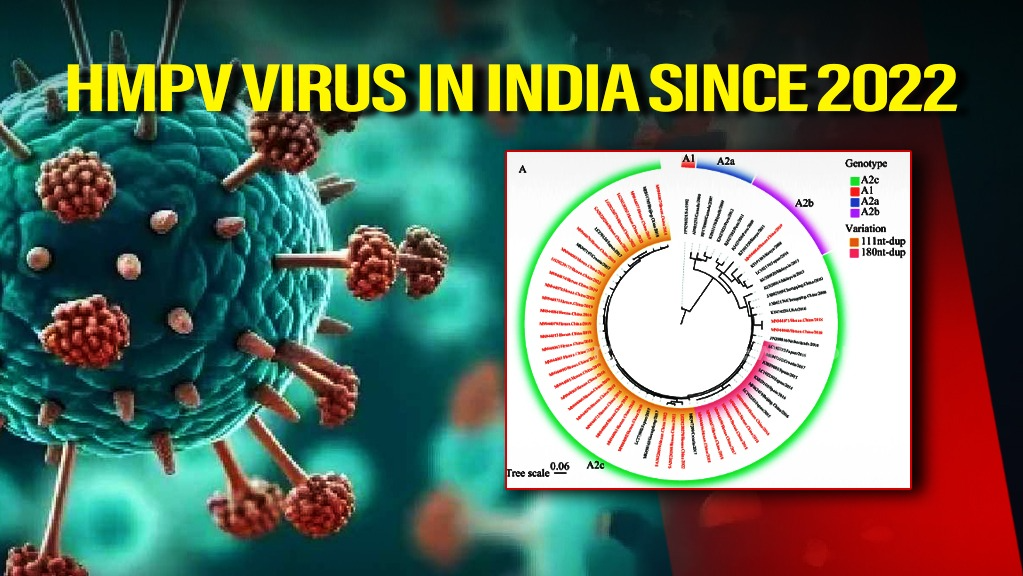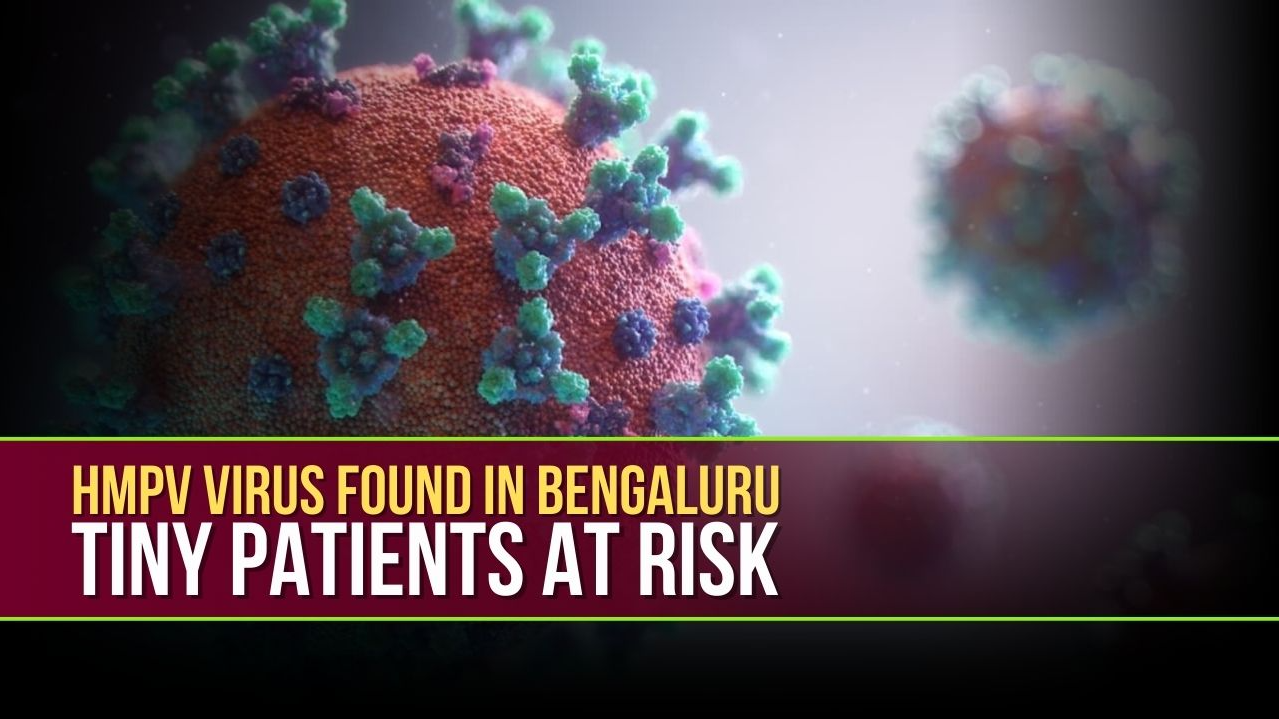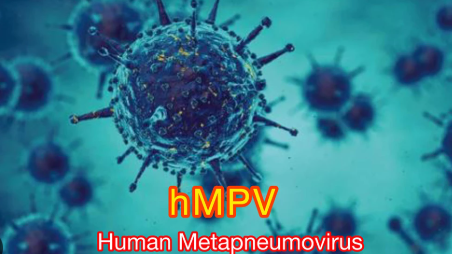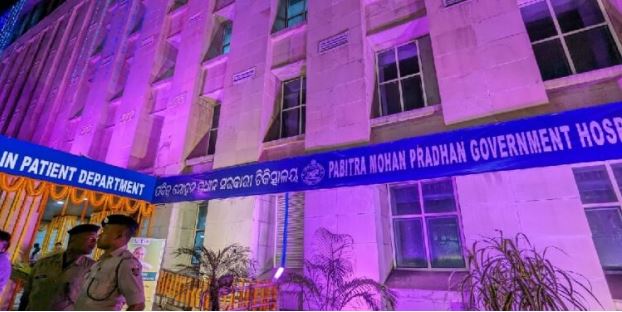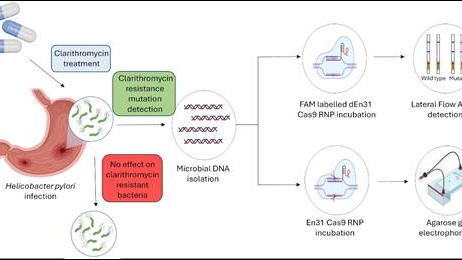Tuhina Sahoo
PCOS (Polycystic Ovarian Syndrome) is a common hormonal issue among women. Studies reveal that about three out of ten women have PCOS, and many of these are teenagers. The condition involves symptoms like irregular periods, acne, excess body hair, weight gain, and skin darkening. It also includes hormonal imbalances such as high insulin levels and elevated male hormones.
Due to overlapping symptoms with other conditions PCOS is often misunderstood and misdiagnosed. This confusion leads to many myths and incorrect beliefs about PCOS. Dr. Sujata Kar, a renowned gynaecologist in Bhubaneswar, said, "Understanding PCOS correctly is essential for effective management. Misdiagnosis and misconceptions can lead to inappropriate treatment and unnecessary stress."
To clear up these myths and provide accurate information, we turn to Dr. Sujata Kar for expert insights on PCOS.
Myth 1: Genetics is the only cause of PCOS.
Fact: While genetics play a significant role in PCOS, it's not the sole factor. Lifestyle choices, such as diet and exercise, as well as environmental influences, also contribute to the development of PCOS.
Myth 2: Menstrual irregularity is the only symptom of PCOS.
Fact: PCOS presents with a range of symptoms beyond just menstrual irregularity. These can include acne, excess hair growth, weight gain, and infertility. Some women may also experience insulin resistance and an increased risk of type 2 diabetes.
Myth 3: PCOS only affects overweight women.
Fact: PCOS can affect women of all body types. While many women with PCOS are overweight, it is not exclusive to them, and thin women can also experience PCOS.
Myth 4: Women with PCOS can't get pregnant.
Fact: Many women with PCOS can still conceive, though they may face challenges due to irregular ovulation. With appropriate medical care and treatment, pregnancy is achievable for many women with PCOS.
Myth 5: Combined oral contraceptives (COCs) or birth control pills are the only treatment.
Fact: COCs are commonly used to manage PCOS symptoms, but they are not the only treatment. Lifestyle modifications, such as weight management and exercise, along with medications like metformin and fertility treatments, can also be effective.
Myth 6: There are many cures for PCOS.
Fact: Currently, there is no cure for PCOS. However, the condition can be managed through a combination of medications, lifestyle changes, and regular medical care to alleviate symptoms and reduce the risk of complications.
Myth 7: PCOS happens only in young women.
Fact: While PCOS often begins during adolescence, it can affect women at any age, including those in their 30s and 40s. Symptoms can persist throughout a woman's life.
Myth 8: Acne is always due to PCOS.
Fact: While acne can be a symptom of PCOS, it is not the only cause. Acne can result from various factors, including hormonal changes, stress, and diet. A comprehensive evaluation is necessary to determine the underlying cause.
Myth 9: All women with irregular periods have PCOS.
Fact: Irregular periods can be a symptom of PCOS, but they can also be caused by other conditions or factors, such as stress, thyroid disorders, or other hormonal imbalances. Proper diagnosis requires a thorough medical assessment.
Myth 10: Losing weight can completely cure PCOS.
Fact: While weight loss can significantly improve symptoms and reduce the risk of complications in women with PCOS, it is not a cure. PCOS is a chronic condition that requires ongoing management. Weight loss can help regulate menstrual cycles, improve insulin sensitivity, and reduce symptoms, but comprehensive treatment may still be necessary.
By addressing these myths and highlighting the facts, this article aims to provide clarity and support for those affected by PCOS. Understanding the true nature of PCOS is essential for effective management and improved quality of life.


